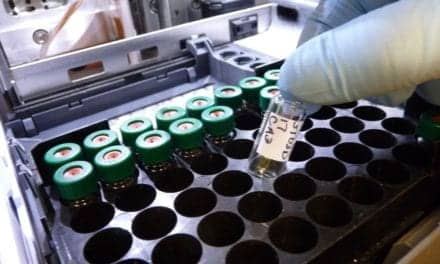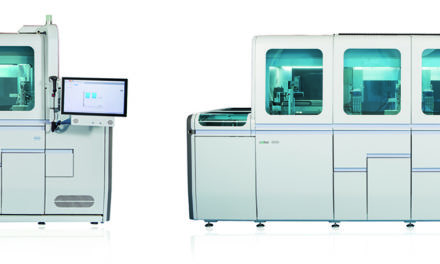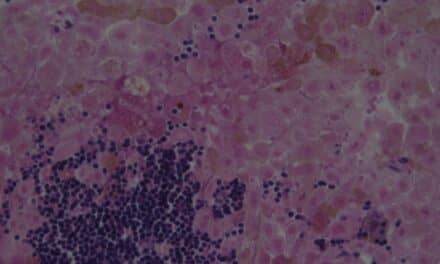Researchers have developed a continuous and real-time patient monitoring solution that uses a smart micro-needle platform in which its needles, that are fixed inside a band-aid-like sticker, get attached to a person’s skin.
The system continuously monitors the patient’s medical condition and sends the data to the patient and their doctor. The smart micro-needles are short, thin and cross only the first layer of skin, which makes them painless, according to researchers. Advanced Materials reports on this advancement by researchers at the Technion – Israel Institute of Technology.
The system was developed by researchers from Technion and is featured as the journal’s cover story. Research was led by professor Hossam Haick, PhD; Youbin Zheng, PhD; and PhD student Rawan Omar of the Wolfson Faculty of Chemical Engineering and the Russell Berrie Nanotechnology Institute.
The needles are able to monitor important physiological indicators because they reach the interstitial fluid under the skin’s surface and measure different biological and chemical components–including sodium, glucose, and pH level. The transfer of data to the doctor and the patient is done wirelessly through cloud and IoT technologies. This continuous monitoring is essential for the prevention of diseases and other health complications. It is designed to eliminate the need for conventional diagnostics such as blood tests that are currently carried out in the clinic, are painful for the patient, and do not provide online or immediate results.
“To adapt the technology to daily life, we have developed a unique band-aid made of a flexible and soft polymer that stretches and contracts along with the skin and therefore does not interfere with any action whatsoever,” says Haick. “Since it is important for us that the system is available to everyone, we made sure to use relatively inexpensive materials, so the final product will not be expensive. The technology we have developed represents a leap forward in diagnosing diseases and continuous physiological monitoring at home and in the clinic.”
Haick, who is also head of the Nanomaterials-Based Devices Laboratories and Dean of Certification Studies at the Technion, is a leader in a variety of fields combining nanoelectronics, smart sensing, and others for medical applications. Zheng completed all his degrees at Lanzhou University in China. Meanwhile, Omar is currently a doctoral student in Haick’s laboratory and a fellow in the Ariane de Rothschild Women Doctoral Program, a program that supports outstanding female doctoral students towards integrating them into key positions in academia and Israeli society.
The study was carried out in collaboration with Prof. Miaomiao Yuan and Rongjun Zhang of the Eighth Affiliated Hospital, Sun Yat-Sen University in China.





